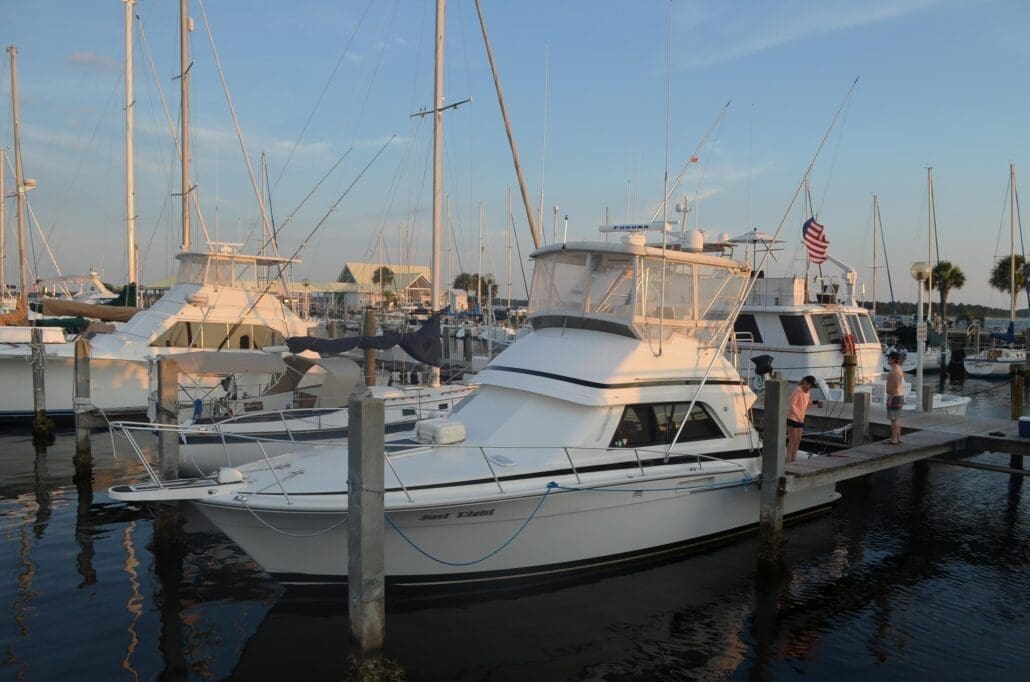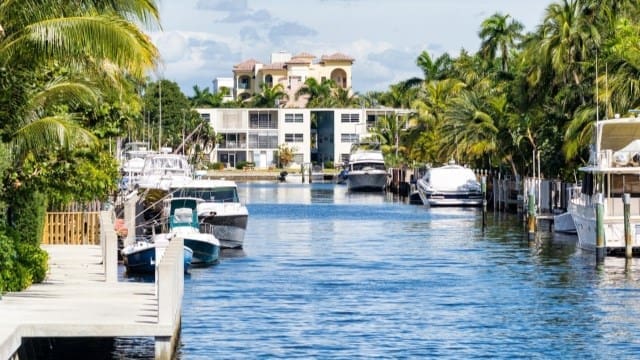Understanding Maritime Laws in Florida: A Comprehensive Guide to Boating Accidents and Legal Rights
Boating accidents can cause significant injuries and property damage, creating complex legal situations for those involved. For boat owners and victims alike, understanding maritime laws in Florida is vital to protecting their rights and successfully navigating claims.
Maritime laws, also called admiralty laws, govern incidents on navigable waters and encompass several federal and state statutes. At Calandro Law, we specialize in personal injury cases involving boating accidents in Riverview and Florida. This guide discusses the importance of understanding maritime laws, how liability is determined, and what legal protections apply to injured parties.
The Basics of Maritime Laws
Maritime laws regulate activities on oceans, lakes, rivers, and other navigable waters. These laws dictate the rights and responsibilities of boat operators, passengers, and other affected parties. In Florida, where boating is a popular recreational and commercial activity, state and federal regulations work together to address accidents.
Understanding these laws is crucial to identifying the liable parties and securing rightful compensation when an accident occurs.
Determining Liability in Boating Accidents
Liability in boating accidents hinges on proving negligence or fault. Key factors contributing to accidents often include:
-
Operator negligence, such as reckless or inattentive driving
-
Alcohol or drug impairment, addressed by strict Florida BUI (Boating Under the Influence) laws
-
Equipment malfunction or poor maintenance
-
Operator inexperience or failure to comply with navigational rules
A solid understanding of the applicable maritime laws assists in proving fault and pursuing damages effectively.
Important Maritime Laws to Know
Several pivotal laws apply directly to boating accidents in Florida:
-
The Jones Act: A federal law protecting seamen injured during vessel employment, allowing claims for damages, including lost wages and medical costs.
-
The Death on the High Seas Act (DOHSA): This governs wrongful death claims arising over three nautical miles from shore, providing families with compensation options.
-
Florida’s Boating Under the Influence Laws: Strict regulations prohibit operating vessels while impaired, with serious legal consequences for violations.
Familiarity with these laws informs the steps needed after an accident.
Common Causes of Boating Accidents
Typical causes include distracted or impaired operators, excessive speed, sudden weather changes, navigational errors, and mechanical failures. Recognizing these causes is critical for accident investigation and determining liability.
How Maritime Laws Protect Injury Victims
Maritime laws establish the legal framework protecting those injured on the water, providing them with rights to:
File personal injury claims against negligent parties
Seek compensation for injuries, lost income, pain and suffering, and property damages
Access protections designed specifically for maritime workers under federal laws such as the Jones Act
Legal expertise helps victims assert these rights appropriately.
 Working with a Maritime Attorney
Working with a Maritime Attorney
Maritime laws can be complicated, and insurance companies often resist fair payouts. Calandro Law specializes in Florida boating accident claims, offering comprehensive representation by:
Conducting detailed accident investigations
Gathering expert opinions and evidence
Negotiating aggressively with insurers
Pursuing litigation as needed to obtain just compensation
An experienced attorney is key to protecting your interests.
Steps to Take After a Boating Accident
If you are involved in a boating accident:
-
Obtain medical treatment immediately to document injuries.
-
Report the accident to authorities such as the Coast Guard.
-
Document the scene with photos and witness contacts.
-
Avoid making statements to insurers without legal advice.
-
Consult a maritime attorney as soon as possible.
Prompt action safeguards your legal rights.
Intersection of Federal and State Maritime Law
Boating accidents often involve federal admiralty laws and Florida state laws. Federal laws govern commercial-related aspects and accidents on the high seas, while state laws apply to recreational boating and incidents within territorial waters. Understanding the distinctions enables proper case handling.
Insurance and Boating Accidents
Vessel owners must maintain insurance coverage, but navigating claims requires knowledge of policy details, limits, and exclusions. Legal help ensures you secure fair compensation.
Conclusion
Understanding maritime laws in Florida is essential for anyone involved in boating accident injuries. These laws establish liability standards, victim protections, and claim procedures.
If you have suffered injuries in a boating accident, contact Calandro Law for expert legal guidance to help you navigate the complexities of maritime law and seek deserved compensation.

 Working with a Maritime Attorney
Working with a Maritime Attorney

